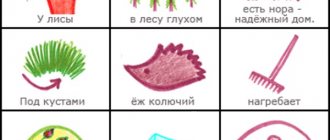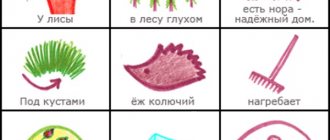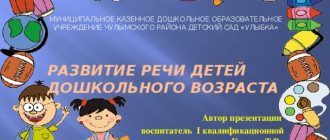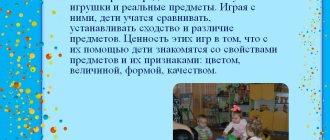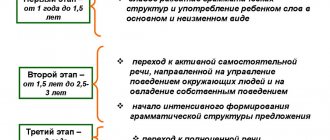How to master
Firstly, you can take mnemonics lessons from specialists who are closely involved in applying its systems and techniques in practice. They can be found on the Internet: buy a training course, sign up for an online training, arrange lessons via Skype. There are a huge number of ways to master it.
Secondly, you can learn mnemonics yourself, at home. However, please note that this will be a longer journey than with a specialist. Some techniques may seem too complicated, and then there is a risk of giving up without developing your memory. Sometimes regularity and perseverance are not enough. When there is a teacher, there is a schedule of classes, assignments, etc. But here you only have to rely on self-discipline.
To learn mnemonics yourself, you need to start by choosing:
- directions (it is better for a beginner to choose folk or pedagogical, rather than modern or classical);
- the type of memory you will be developing;
- the technique that you can master best (rhymes, consonances, visual associations);
- the author's system in which you will work.
Next, you need to set aside a specific time for studying. It is best to do this immediately before bed. For beginners, these steps will be enough.
What is mnemonics
The concept is associated with a system that helps to assimilate large amounts of information. These are exercises that help evoke associations and remember. Associations can be kinesthetic (tactile), visual (visible), auditory (auditory).
How to remember a date from history?
Imagine that this is the day and month of “your acquaintance” with a historical character. Or the day when “you visited” the site of a historical event.
Everyone can associate differently. The task of parents is to teach the child to find the association on his own based on examples and remember it. And then reproduce it in memory.
Where and who will use mnemonics?
- For children - to remember information in school and kindergarten. Learning poetry with this technique is a pleasure for both children and parents.
- For students - to effectively pass the session and tests. It’s easy to repeat and remember the year’s material in a week! The main thing is to use techniques.
- For adults - at work, in making presentations, in planning things, making shopping lists and much more.
No talent or special abilities are needed to teach mnemonics. We need systematic, disciplined training. Have information you need to remember? Remember one of our exercises and put it into practice with your children.
Examples of practical application
Mnemonics are often used to memorize rules, formulas, and numerical values in various sciences. First of all, it's a great memory workout. Secondly, it is ideal for children to fully master the school curriculum in individual subjects. Those who were lucky enough to study with teachers familiar with these methods forever remembered the exception words in the Russian language, the Pythagorean theorem in geometry, and many other truths that ideally everyone should know by heart. If teachers do not have the skills to work with these techniques, parents can use them themselves to help their child learn.
Some of the most striking examples of mnemonic techniques in different academic disciplines will help you.
How to work with them. Almost all of them are based on the techniques of rhyming and consonance. So, all children need to do is memorize funny rhymes - and the rules themselves will be remembered almost for the rest of their lives. You'll see: they will read them to their grandchildren later.
Russian language
Mathematics
Other items
Similar techniques and methods of mnemonics exist for almost all academic disciplines and spheres of life:
- in music - to remember the sequence of notes;
- in traffic rules;
- in military affairs (formulas for hit accuracy taking into account side winds and target speed);
- in the transport sector (colors of navigation lights on board aircraft and ships);
- in telephony (numbers where numbers are replaced by letters corresponding to them on the telephone keypad).
Mnemonics are invaluable when learning a foreign language. It will make the task easier for schoolchildren, students, and adults. The OPSHACOM rule, for example, will make it much easier to understand and remember the canonical order of placing several adjectives before a noun in English.
